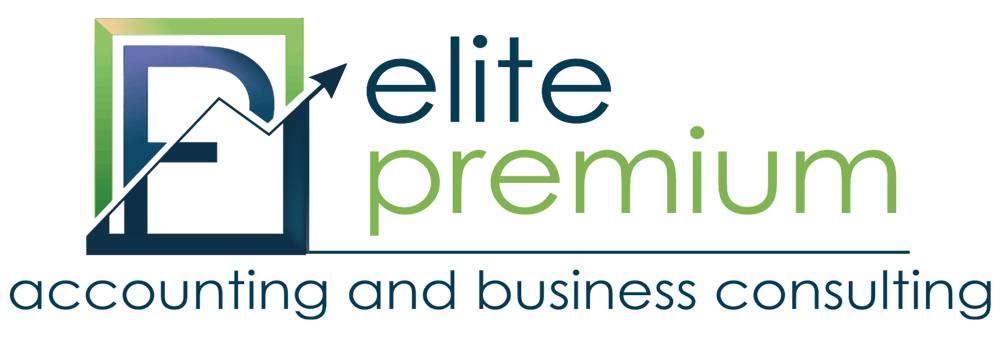The IRS Voluntary Disclosure Program offers taxpayers a vital opportunity to rectify past non-compliance with U.S. tax laws. This unique initiative enables individuals and businesses to come forward voluntarily, mitigate potential penalties, and establish compliance with tax obligations. In this comprehensive guide, we will delve into the intricacies of the IRS Voluntary Disclosure Program, its benefits, eligibility criteria, and how you can navigate the process effectively to secure your financial future.
1. Understanding the IRS Voluntary Disclosure Program
The IRS Voluntary Disclosure Program serves as a mechanism for taxpayers to disclose previously unreported income, offshore assets, and other financial irregularities. By voluntarily coming forward, taxpayers can avoid criminal prosecution and potentially reduce penalties associated with their non-compliance. This program emphasizes transparency, cooperation, and the willingness to correct past mistakes.
2. Who is Eligible for the IRS Voluntary Disclosure Program?
The IRS Voluntary Disclosure Program is available to both individual taxpayers and businesses who have failed to report their income accurately or disclose offshore assets. Although anyone can participate, those with undeclared foreign bank accounts, income from foreign sources, or unreported domestic income may find this program particularly beneficial.
3. Benefits of Participating in the IRS Voluntary Disclosure Program
Participating in the IRS Voluntary Disclosure Program offers numerous advantages. Firstly, it avoids potential criminal charges and the accompanying severe penalties. Secondly, it allows taxpayers to come forward without fear of adverse consequences. Additionally, individuals and businesses can potentially reduce the civil penalties levied on their non-compliance.
4. Understanding the Disclosure Period
The disclosure period refers to the timeframe for which a taxpayer must report their previously undisclosed income and assets. For most taxpayers, the disclosure period is six years. However, in cases involving undisclosed offshore accounts, the disclosure period extends to ten years. It is crucial to ensure accurate reporting during the disclosure period to avoid further complications.
5. The Importance of Accuracy in the Voluntary Disclosure
Under the IRS Voluntary Disclosure Program, accuracy is of utmost importance. It is critical to provide complete and truthful information within the disclosure to enhance the chances of acceptance into the program. Errors or omissions can lead to disqualification or more severe penalties.
6. The Process of Voluntary Disclosure
The process of voluntary disclosure starts with the submission of a formal written request to the IRS Criminal Investigation (CI) division. This request should be accompanied by all relevant information, including tax returns, amended returns, and asset disclosures. If accepted, the taxpayer then undergoes an interview process with IRS agents to provide further details and explain the source of previously undisclosed income.
7. Overview of Penalties and Their Reduction
While participating in the IRS Voluntary Disclosure Program mitigates the risk of criminal prosecution, taxpayers are still subject to civil penalties. The program offers an opportunity for individuals and businesses to reduce these penalties through the voluntary disclosure process. Engaging qualified tax professionals can significantly assist in maximizing penalty reduction.
8. The Importance of Professional Representation
Navigating the IRS Voluntary Disclosure Program can be complex, and the stakes are high. Engaging the services of a qualified tax professional specializing in Voluntary Disclosure can prove invaluable. Skilled professionals possess the necessary expertise, experience, and knowledge to guide taxpayers through the process, ensuring accurate disclosure and increased chances of a successful resolution.
9. Staying Compliant After the Voluntary Disclosure
Once a taxpayer successfully completes the voluntary disclosure process, it is crucial to maintain strict compliance with all tax obligations moving forward. Adhering to tax laws, filing accurate returns, and disclosing any relevant financial changes in a timely manner will help safeguard future financial stability and avoid potential penalties.
10. Contact Elite Premium Inc. for Expert Guidance on the IRS Voluntary Disclosure Program
Navigating the intricacies of the IRS Voluntary Disclosure Program can be overwhelming, especially for individuals or businesses with complex tax situations. In such cases, seeking the assistance of experienced professionals can significantly enhance your chances of a successful disclosure and minimize potential penalties. Elite Premium Inc. is a renowned firm specializing in tax advisory and voluntary disclosure services, dedicated to helping clients effectively navigate the complex path of the IRS Voluntary Disclosure Program.
With years of expertise and a team of highly skilled tax professionals, Elite Premium Inc. offers comprehensive guidance tailored to the unique needs of each client. By choosing to work with their team, you can gain peace of mind, knowing that you have a dedicated partner who will help you through every step of the process.
The advantages of enlisting the services of Elite Premium Inc. extend beyond their expertise in tax matters. Their team possesses an in-depth knowledge of the IRS Voluntary Disclosure Program and a track record of successfully guiding clients towards compliance. They understand the nuances of this initiative and stay updated with any changes to the program, ensuring that they provide accurate advice and effective strategies for your specific situation.
When you contact Elite Premium Inc., their team will conduct a thorough evaluation of your case, taking into account your unique circumstances and tax history. They will assist you in gathering the necessary documentation, ensuring that you provide complete and accurate information during the disclosure process. With their guidance, you can better understand the potential risks, benefits, and possible outcomes of voluntary disclosure.
All in All
The IRS Voluntary Disclosure Program offers a lifeline for taxpayers seeking to rectify past non-compliance with U.S. tax laws. By embracing transparency, cooperation, and the opportunity to correct mistakes, individuals and businesses can pave the way for a financially secure future. Engaging knowledgeable professionals, ensuring accuracy in disclosures, and maintaining compliance moving forward are key to successfully navigating this program.




